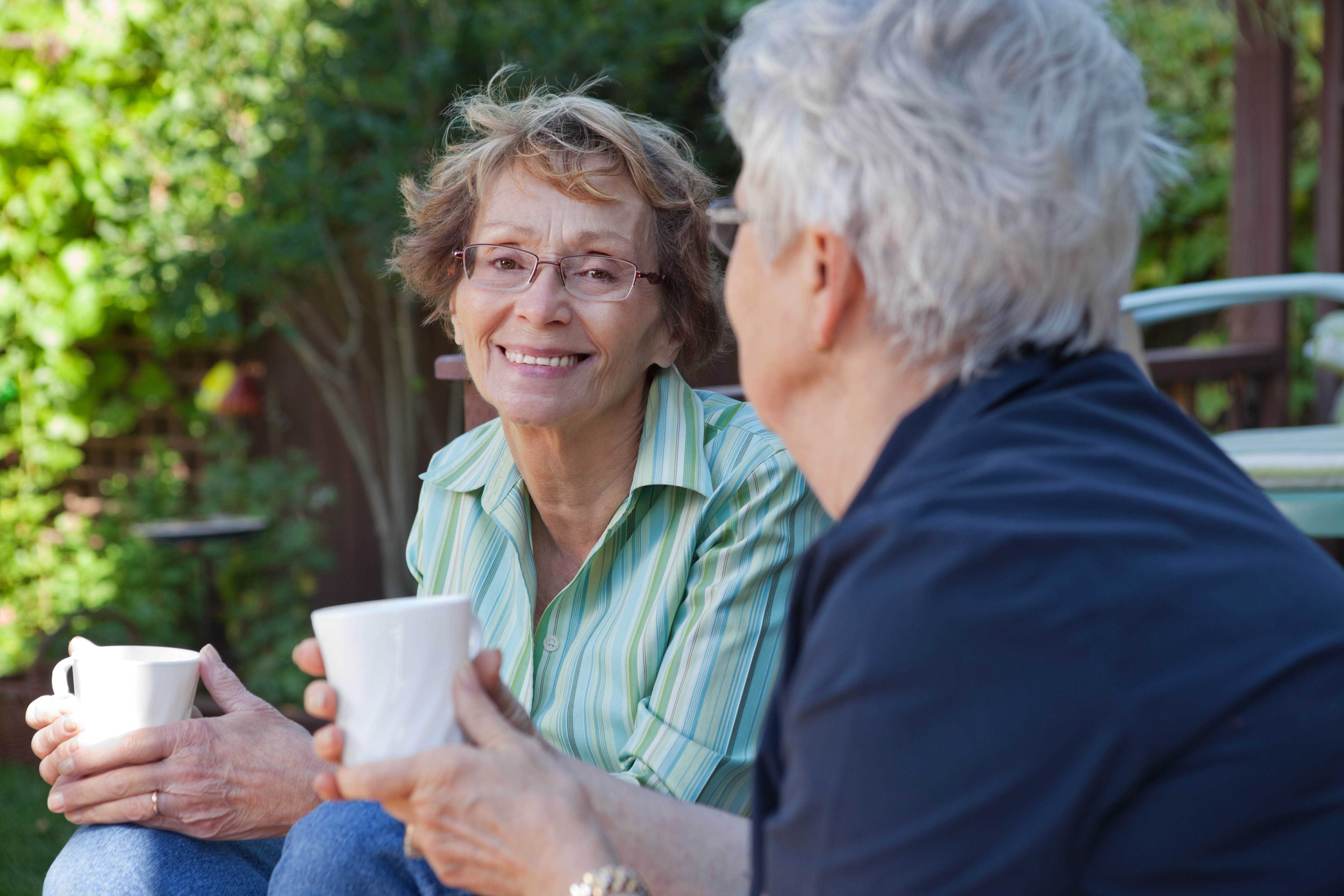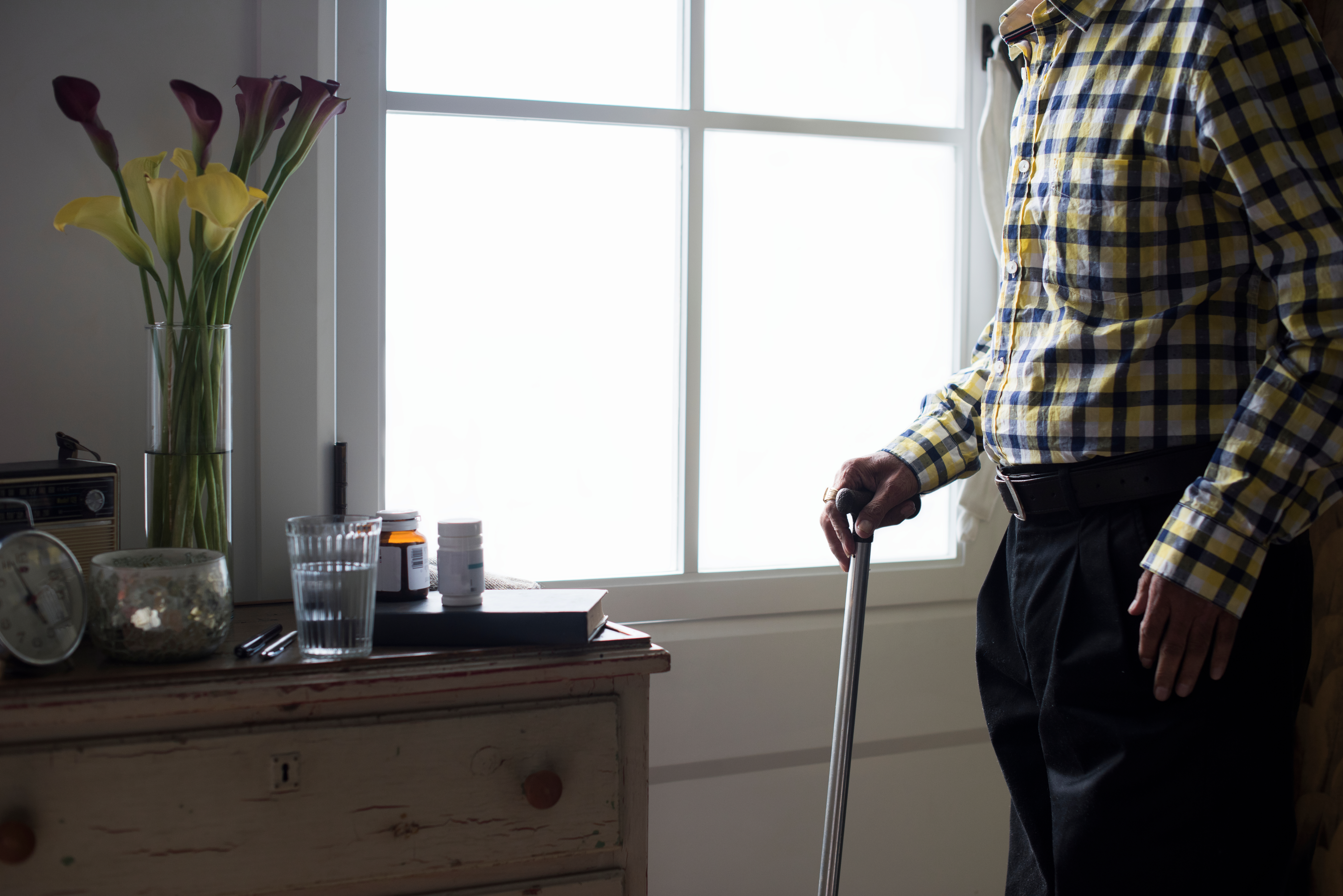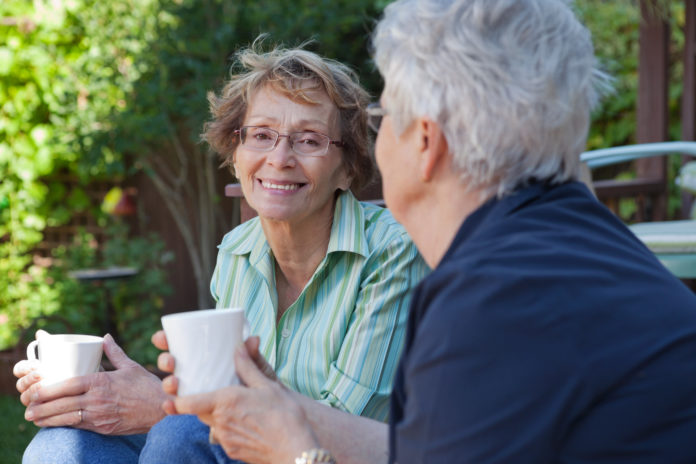Source: The Conversation (Au and NZ) – By Andrea Waling, Research fellow, La Trobe University
Older lesbian, gay, bisexual, transgender and intersex (LGBTI+) people fear discrimination, exclusion and isolation in Australia’s aged care services, we found in our research.
With an ageing cohort of LGBTI+ people needing to access, and currently using, Australia’s aged care services, we interviewed older gay men, lesbian women, and trans women about their perceptions of residential aged care.
We found these populations have unique needs, and providing safe and dignified aged care for them means accepting and understanding their experiences and histories. This includes the impacts of the criminalisation of homosexuality, the HIV/AIDS epidemic, the marriage equality debates, and more recently, debates about conversion therapy.
Our research shows we need new initiatives and reforms to support LGBTI+ people to age safely and with dignity.
Read more: Does Australia need a Queer History Month?
Fear
Many of the people we spoke to fear homophobia, biphobia, and transphobia from aged care residents and staff. Many feel they must, or are forced, to hide their sexual orientation or gender identity in order to receive appropriate care.
Cody*, a 65-year-old gay man, said:
I’ve heard stories about […] older people being discriminated against or not treated properly because they are gay.
Charlotte, a 64-year-old heterosexual trans woman, said she would rather end her life than go into aged care.
I will euthanise myself before I go into aged care.

Lack of support
Older LGBTI+ people may be at higher risk in aged care because they don’t have families of origin, such as children or young relatives, or partners who are legally recognised to advocate on their behalf.
As Mabel, a 60-year-old lesbian woman, said:
A lot of nursing homes where residents have been sexually abused, medicated beyond belief, financially abused by staff and family, and it’s only those people that have got a really strong family support or advocate that survive that.
Isolation
Others are concerned about losing connection to lesbian, gay or trans communities and people, and being isolated as a result.
Devon, a 69-year-old gay man, said:
I am just concerned about nursing homes and being isolated especially if you are alone as I probably will be […] Being in a nursing home and maybe there is not another gay person there, that does bother me. Not being able to speak to other gay people or mix with them.
Read more: Nursing homes for all: why aged care needs to reflect multicultural Australia
Unique needs
Trans people have additional concerns, including being able to access treatments, such as hormone replacement therapy, having their unique health needs understood, and being able to live as themselves.
Leah, a 60-year-old trans woman, said:
You have particular health issues with trans people, different for trans men and trans women […] how many would know that for trans women, you know, they are at risk for prostate cancer, even though being on hormones reduces that risk considerably, but it’s still a risk, it’s still there.
Janelle, a 67-year-old trans woman, said:
I have heard some horror stories about a number of people, of trans women who want to dress and live as trans women being told, “No, no, no, you are really a male. You have to wear this. You have to wear that” […] I would hate to be in that sort of situation.

Access to safe services
The concerns and perceptions of our interviewees appear to reflect the reality of being an LGBTI+ person in aged care. The Australian Law Reform Commission has recognised many LGBTI+ elders experience mistreatment and abuse in aged care.
Yet aged care facilities may not be equipped to handle the unique needs of older LGBTI+ people.
Both residential and home care services need to create environments that are not only knowledgeable about the barriers older LGBTI+ people experience in health-care settings, but are also welcoming and accepting of LGBTI+ people.
While the majority of older Australians prefer to stay in their own home as they age, some older LGBTI+ people are concerned care workers they invite into their homes may not be LGBTI+ friendly.
Rather than use aged care service providers, some older LGBTI+ people opt for alternative strategies such as moving house, seeking out LGBTI+ specific housing (co-operative housing specifically for LGBTI+ people), and renovating existing properties.
Read more: Don’t wait for a crisis – start planning your aged care now
We need LGBTI+ inclusivity and cultural safety training for aged care service providers and nursing and social work staff and students. Services that have undergone LGBTI+ training need to promote themselves to be more visible to the LGBTI+ community.
The aged care diversity framework was introduced to guide service providers to better support diverse groups such as older LGBTI+ people. Ensuring aged care services are fully inclusive, as outlined in these guidelines, could go a long way toward supporting the emotional and mental well-being of older LGBTI+ people.
*Names have been changed to protect the anonymity of our research participants.
– ref. ‘I will euthanise myself before I go into aged care’: how aged care is failing LGBTI+ people – https://theconversation.com/i-will-euthanise-myself-before-i-go-into-aged-care-how-aged-care-is-failing-lgbti-people-131306








